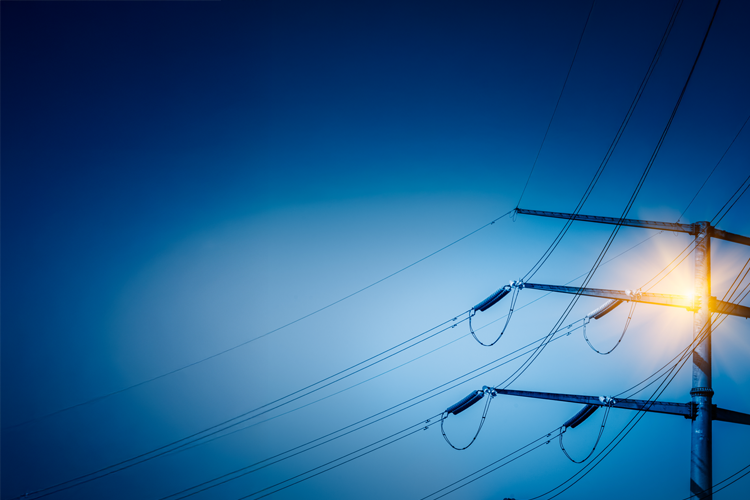

On August 14, 2025, the Brazilian Supreme Federal Court (STF) concluded a highly relevant judgment for consumers and the electricity sector by upholding the constitutionality of Law No. 14,385/2022.
The statute assigns to the National Electric Energy Agency (Aneel) the authority to implement the refund to end-users of amounts unduly charged in electricity tariffs, resulting from the unlawful inclusion of the State VAT (ICMS) in the calculation basis of the federal contributions PIS and Cofins. This development is a direct outcome of the so-called “thesis of the century,” established by the STF in 2017, which recognized the illegality of such inclusion and, in the specific case of the electricity sector, generated substantial tax credits to be transferred to consumers.
The Court determined that the statute of limitations for consumers to file judicial claims seeking reimbursement is ten years, pursuant to Article 205 of the Civil Code, counted from the moment the electricity distributor receives the tax refund or has the corresponding tax offset formally approved.
This ruling enhances legal certainty but also sets a relevant temporal benchmark for the filing of individual actions should consumers identify that the discounts are not being properly applied to their bills.
Since the regulatory framework was enacted, it is estimated that approximately R$ 44 billion had already been refunded to consumers by 2024, with an additional R$ 5.8 billion expected in 2025. Aneel’s methodology provides that the abatements must be applied directly to electricity bills, spread over up to 12 months, according to the tariff cycle of each concessionaire.
An important aspect of the decision was the recognition that distributors may deduct, from the amounts to be refunded, the taxes levied on the restitutions as well as attorneys’ fees effectively paid in lawsuits that resulted in the recovery of credits. This mechanism balances consumers’ right to reimbursement with the preservation of the economic-financial equilibrium of the concessionaires, without undermining the purpose of the refund.